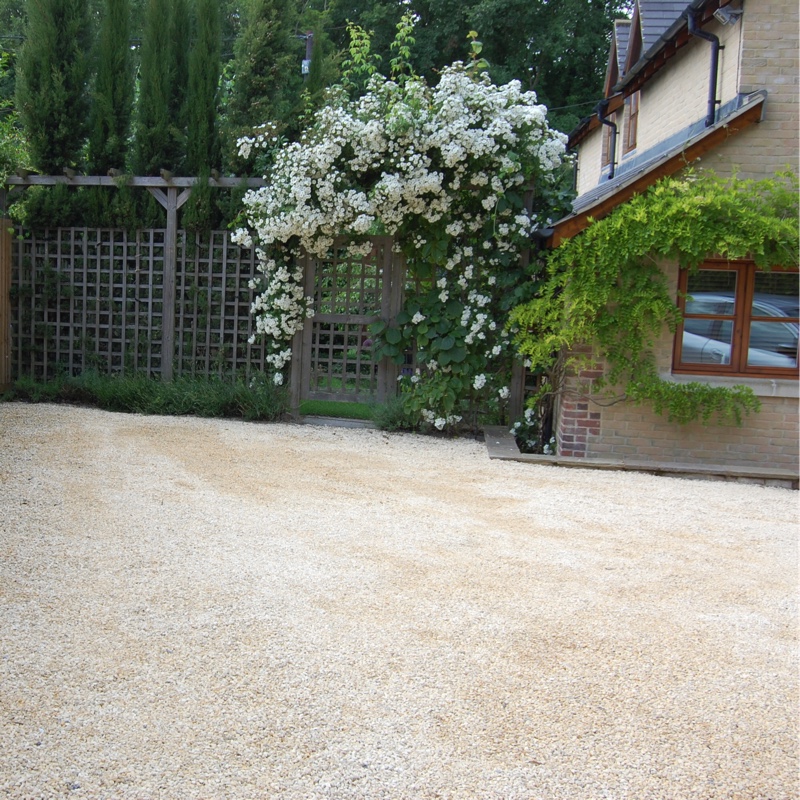
Rosa 'Rambling Rector'
Rose 'Rambling Rector' (Rambler)
'Rambling Rector' produces masses of semi-double flowers which look stunning when climbing up walls or trellises or hanging down in great drapes from a tree. It is highly fragrant but flowers only once in a season. Disease resistance - 25ft Height. This plant provides great screening
Contributed by @Maria1
-
Full sun
-
Occasional watering
-
Full Frost Hardy: 5F (-15°C)
-
Rich and free draining
Common name
Rose 'Rambling Rector' (Rambler)
Latin name
Rosa 'Rambling Rector'
type
Deciduous Perennial
family
Rosaceae
ph
5.0 - 8.0 Acid - Neutral
Plant & bloom calendar
-
Best time to plant
full grown dimensions
 6.00 M
8.00 M
6.00 M
8.00 M
Rosa 'Rambling Rector'
'Rambling Rector' produces masses of semi-double flowers which look stunning when climbing up walls or trellises or hanging down in great drapes from a tree. It is highly fragrant but flowers only once in a season. Disease resistance - 25ft Height. This plant provides great screening
Planting
From Late Autumn TO Late Spring
Prepare the planting site by digging over the bed and incorporate liberal quantities of well rotted manure or compost; lighten heavy clay soil with half rotted straw. Dress the top soil with plenty of peat mixed with hop manure and chopped up turf. Fresh animal manure is harmful to the roots and should only be used in the bottom spit. Where possible, prepare the planting site a few weeks in advance. Do this in late summer for planting in autumn. Plant at any time between late autumn and late spring. Prepare a planting mixture of bone meal and moist peat. Spread out the roots in the planting hole and add the planting mixture until the roots are covered. Add soil and firm in the plant by treading.



























